Labour’s assault on private school tax breaks: a vote winner?
Labour plans to scrap tax breaks for private schools could generate up to £1.5bn in additional revenue, says a leading think tank
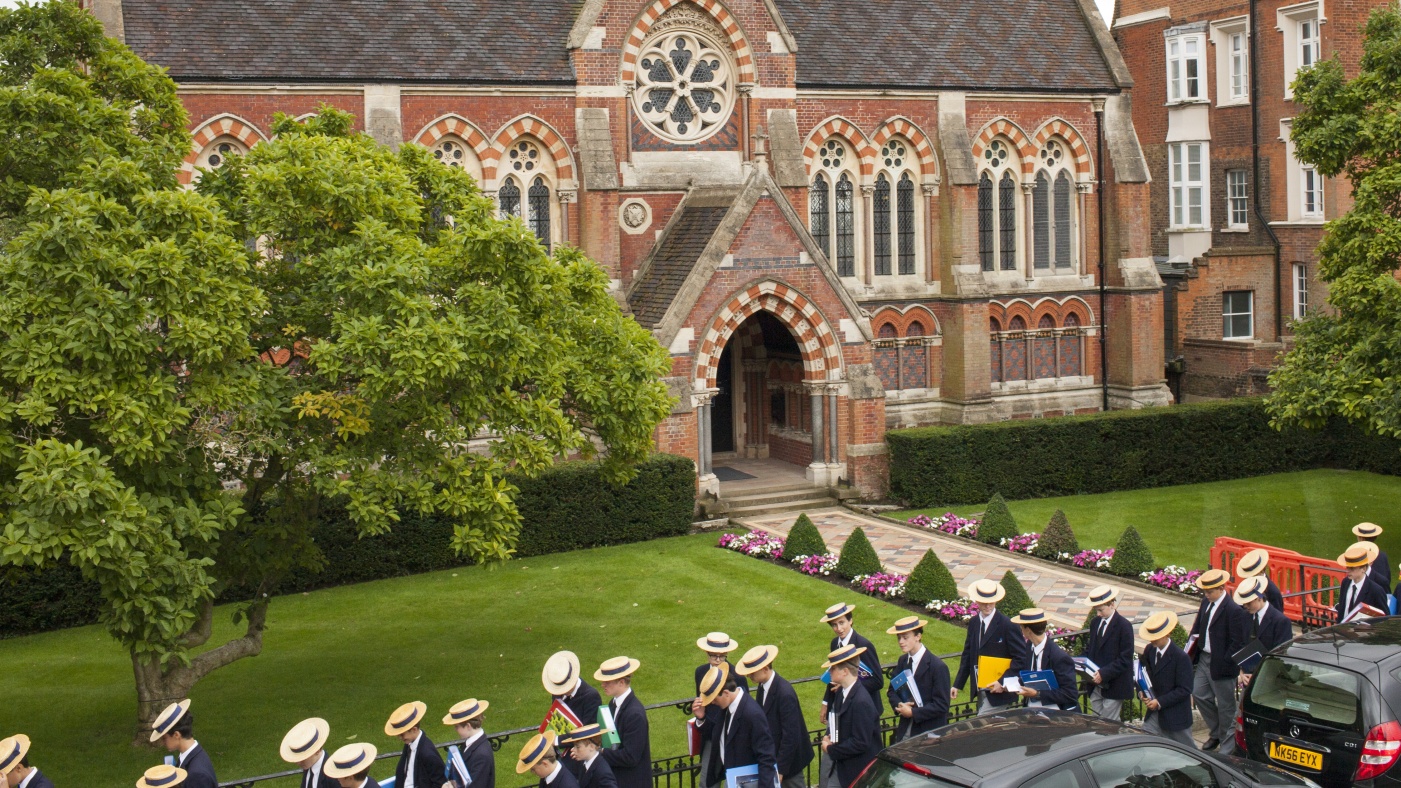
A free daily email with the biggest news stories of the day – and the best features from TheWeek.com
You are now subscribed
Your newsletter sign-up was successful
A leading think tank has dismissed fears of a “mass exodus” from Britain’s private schools if a Labour government carried out its pledge to scrap tax breaks for fee-paying schools.
Labour has pledged to add VAT at 20% to school fees if the party wins the general election next year, as part of its plans to break the “class ceiling”.
Research by the Institute for Fiscal Studies (IFS) found the Labour plans could generate up to £1.5bn in additional revenue. Josh Hillman, director of education at the Nuffield Foundation, called this a “small but potentially worthwhile sum” that could provide a 2% boost in spending for England’s state schools.
The Week
Escape your echo chamber. Get the facts behind the news, plus analysis from multiple perspectives.

Sign up for The Week's Free Newsletters
From our morning news briefing to a weekly Good News Newsletter, get the best of The Week delivered directly to your inbox.
From our morning news briefing to a weekly Good News Newsletter, get the best of The Week delivered directly to your inbox.
And the policy would have “a relatively limited effect” on pupil numbers, the research found.
Politics of ‘envy’?
The Times derided Labour's policy announcement earlier this year, dubbing the plans for a tax raid on private schools a means to “penalise aspiration and thwart the natural desire of parents to provide the best opportunities for their children”, in a leading article which accused Labour of kowtowing to the “politics of envy rather than of social reform”.
Labour’s plans risk making private education unaffordable for households with more modest incomes, leaving private schools to be “the preserve only of the wealthy, who can absorb higher fees in their household budgets” and leading to school closures due to “lack of revenue”, argued the paper. If the independent sector is “squeezed” then the state sector will have to “take up the slack”, necessitating increased spending on teachers, infrastructure, and resources.
The IFS may say that Labour’s policy would have a “relatively limited” effect on pupil numbers, but its own estimates say it could push up to 40,000 children out of private education and into state schools, to the tune of some £300m a year, said The Telegraph. And this comes as many middle-class families are already being “priced out” of Britain’s private schools “due to surging fees”.
A free daily email with the biggest news stories of the day – and the best features from TheWeek.com
And Labour may have “misjudged” the public mood over the plans, said The Telegraph. According to a poll commissioned by the Independent Schools Council (ISC) and carried out by Public First, 48% of respondents agreed that private schools should keep their tax relief, including the VAT exemption on fees.
Boost for state sector
Yet the IFS’s analysis only “confirms” Labour’s analysis that ending tax breaks for private schools could increase revenues by about £1.6bn, said The Guardian. It also estimates that taking into account additional costs to the state sector of around £100m to £300m a year, the policy would lead to a net gain to the public finances of £1.3bn to £1.5bn.
It is also clear the number of children leaving private schools will be so small as to have a negligible impact on the state sector. For Labour, this is the “perfect conclusion”, wrote Zoë Grünewald in The New Statesman, allowing Labour to say that the policy is far from a “tax on aspiration” as many parents will still send their children to private school.
The party will likely have to “hold its nerve” in the coming fight over tax breaks, but the party’s “thoughtful tone, combined with a determined focus on educational inequality” are “promising indications”, said The Guardian. Of course, it will have to do more if it comes to power to make up for the current government’s “shocking” neglect of schools in recent years.
Sorcha Bradley is a writer at The Week and a regular on “The Week Unwrapped” podcast. She worked at The Week magazine for a year and a half before taking up her current role with the digital team, where she mostly covers UK current affairs and politics. Before joining The Week, Sorcha worked at slow-news start-up Tortoise Media. She has also written for Sky News, The Sunday Times, the London Evening Standard and Grazia magazine, among other publications. She has a master’s in newspaper journalism from City, University of London, where she specialised in political journalism.
-
 The ‘ravenous’ demand for Cornish minerals
The ‘ravenous’ demand for Cornish mineralsUnder the Radar Growing need for critical minerals to power tech has intensified ‘appetite’ for lithium, which could be a ‘huge boon’ for local economy
-
 Why are election experts taking Trump’s midterm threats seriously?
Why are election experts taking Trump’s midterm threats seriously?IN THE SPOTLIGHT As the president muses about polling place deployments and a centralized electoral system aimed at one-party control, lawmakers are taking this administration at its word
-
 ‘Restaurateurs have become millionaires’
‘Restaurateurs have become millionaires’Instant Opinion Opinion, comment and editorials of the day
-
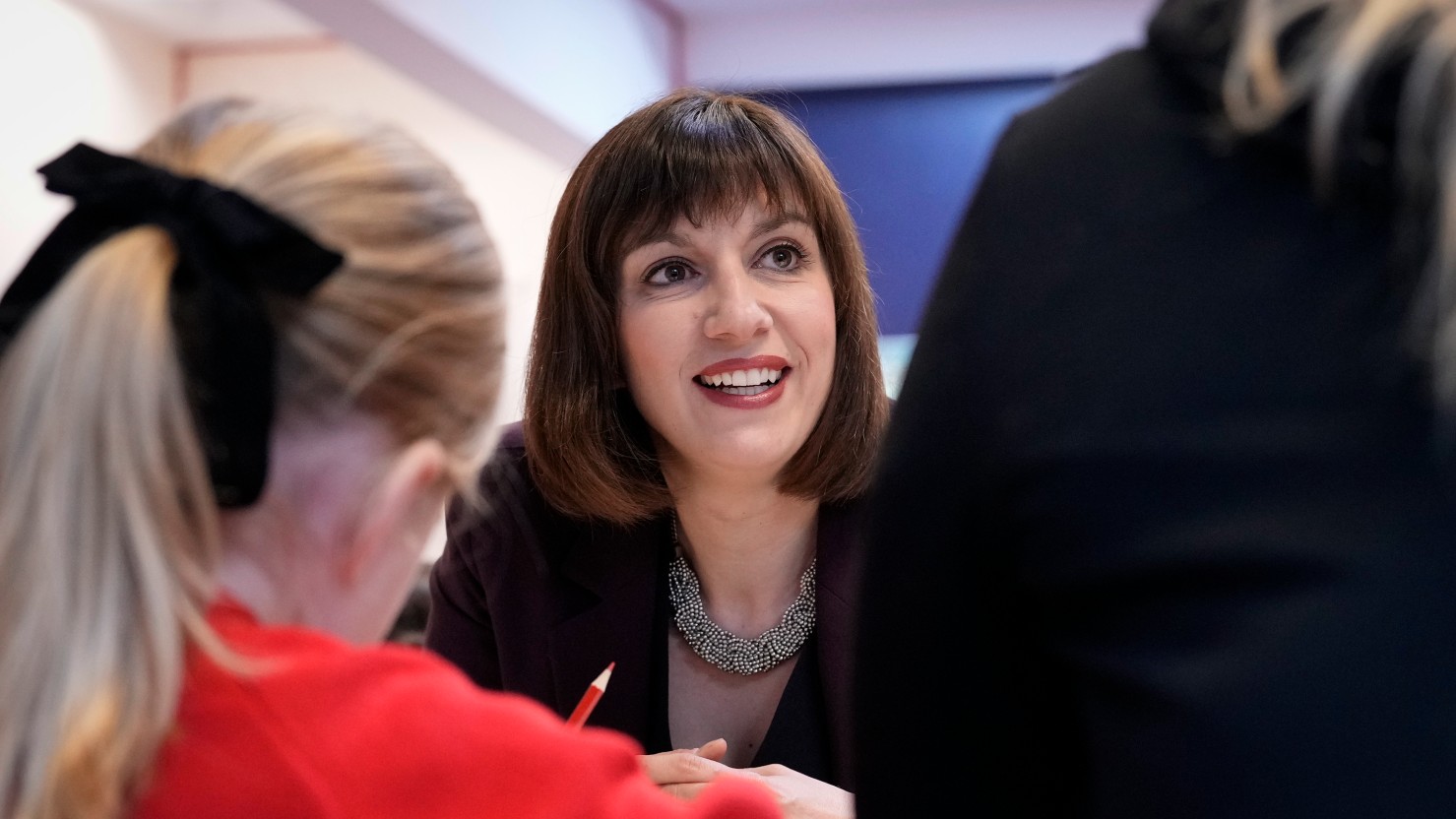 VAT on private schools: a spiteful policy?
VAT on private schools: a spiteful policy?Talking Point Labour accused of 'politics of envy' but some see policy as a moderate 'compromise'
-
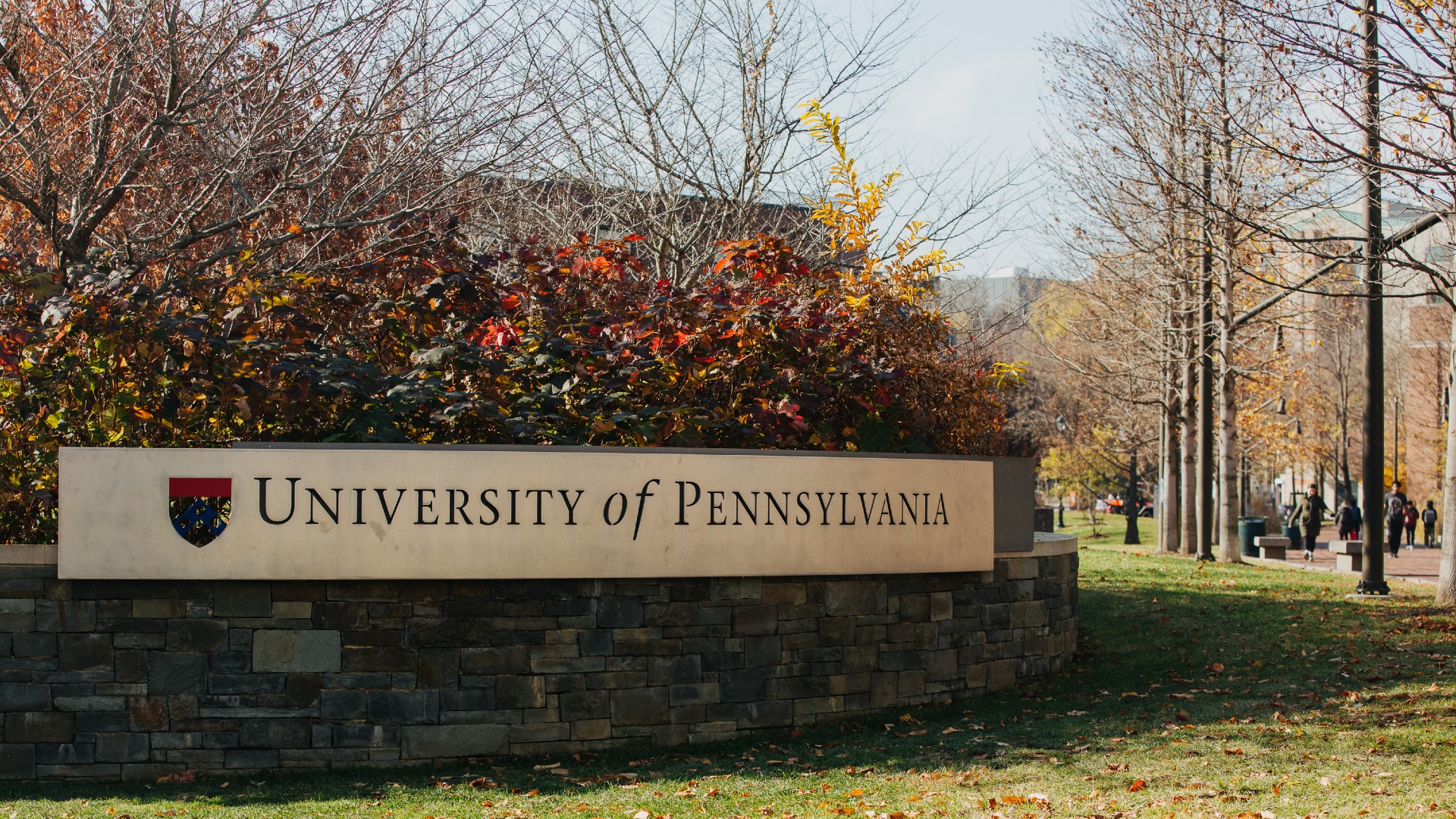 How the power of universities' biggest donors shifts tides
How the power of universities' biggest donors shifts tidesTalking Point Recent events have shown that donors can influence the highest levels of a university's governance
-
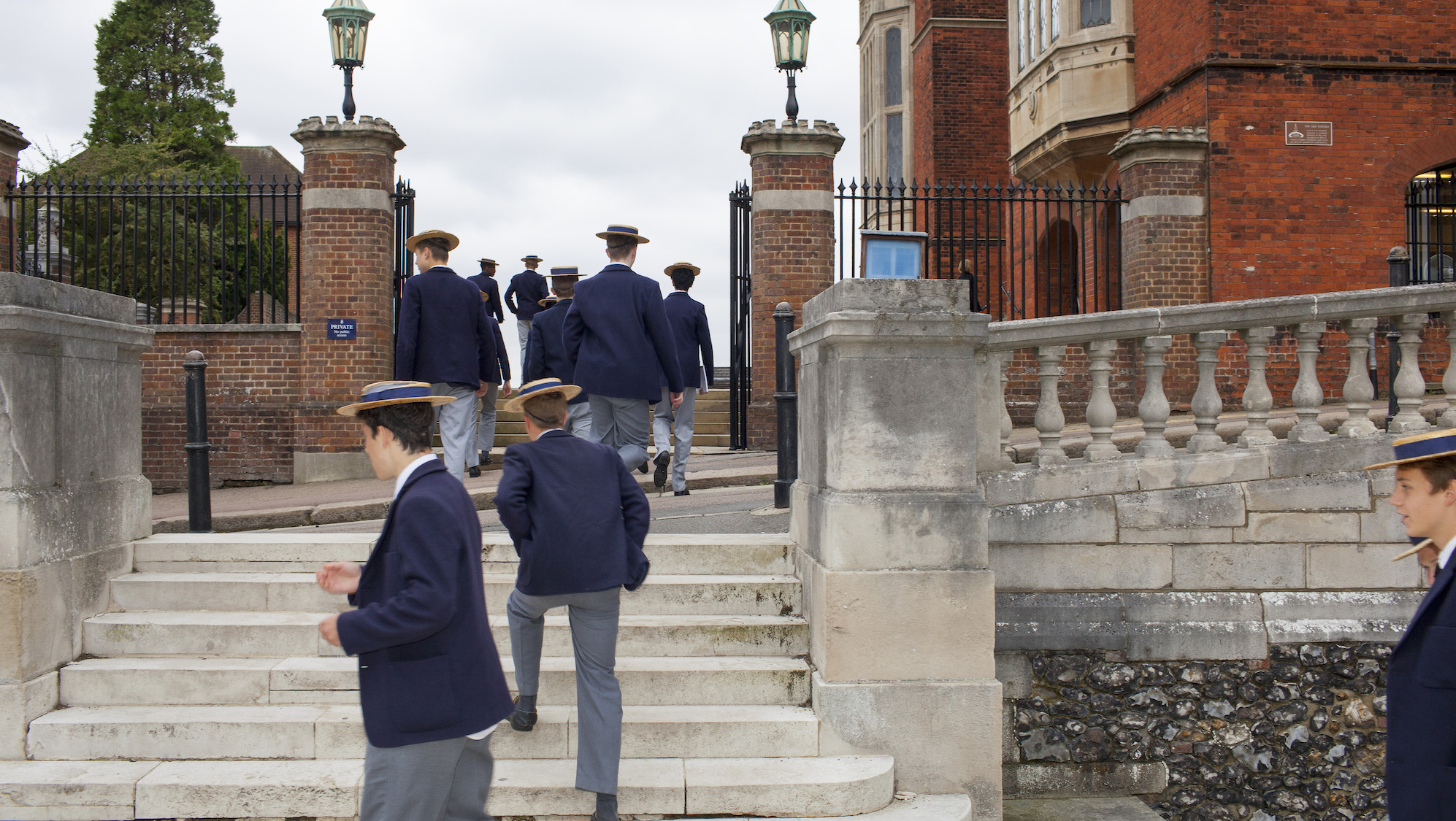 The pros and cons of private schools
The pros and cons of private schoolsThe Big Debate Labour intends to scrap private school tax exemptions if it wins the next election
-
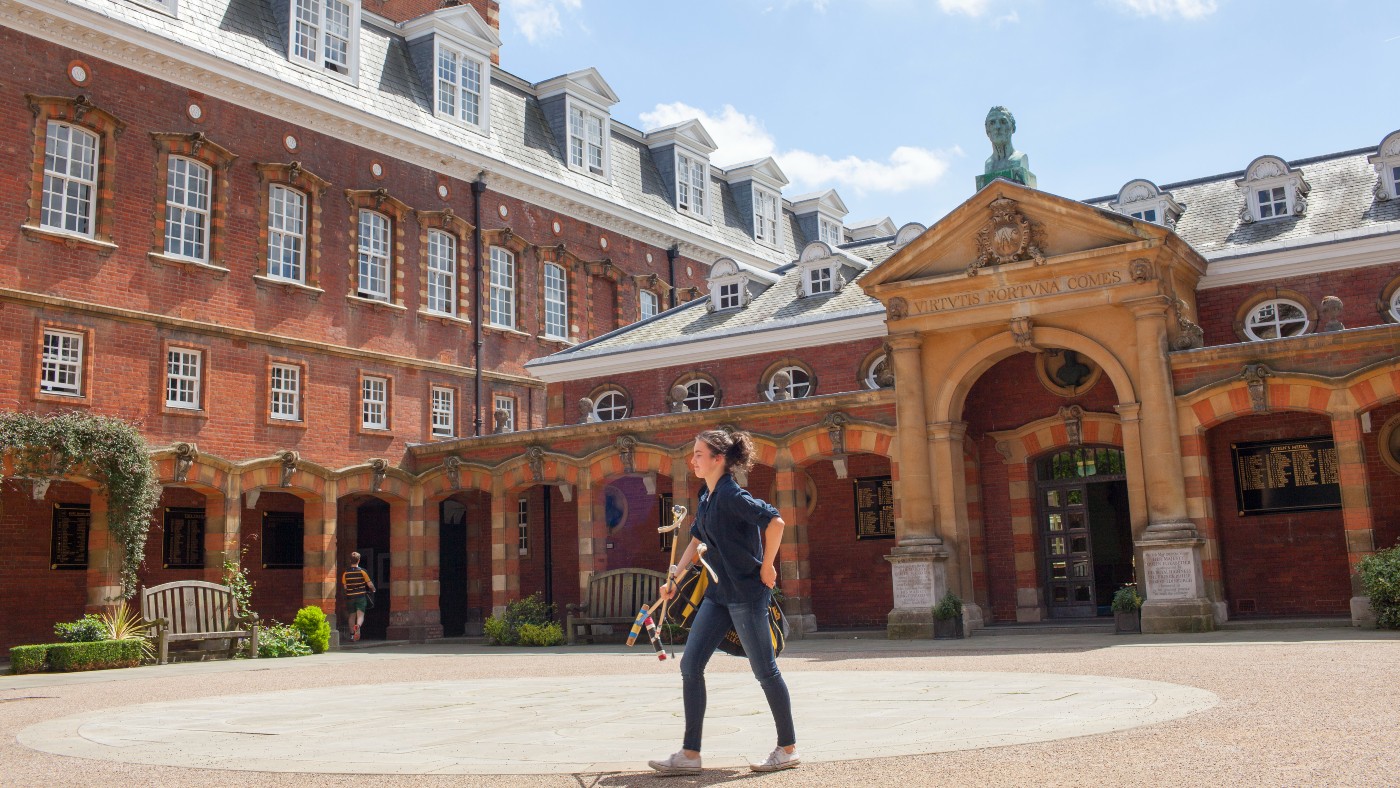 How to get a bursary at an independent school
How to get a bursary at an independent schoolfeature Many independent schools offer means-tested bursaries to pupils whose families wouldn’t be able to afford the fees otherwise
-
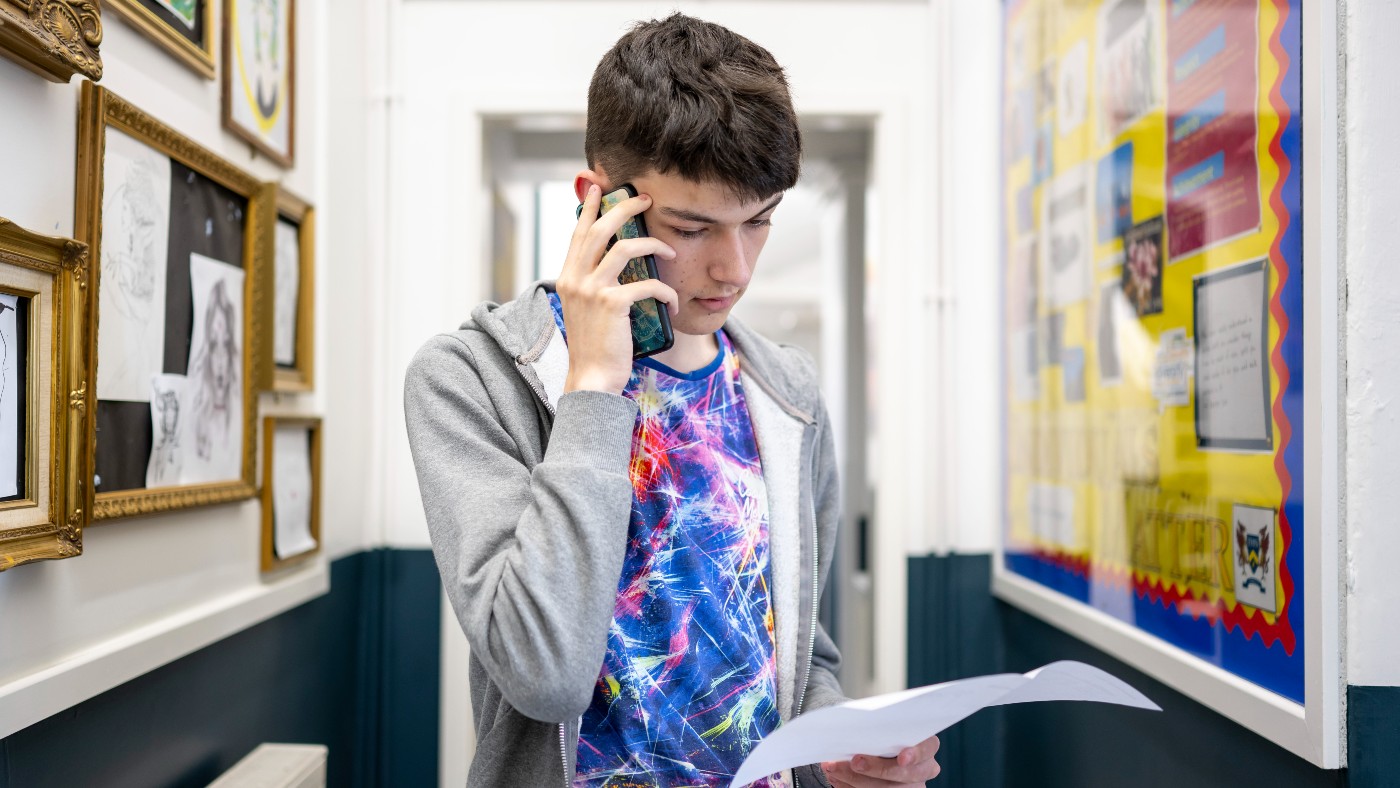 The class of ‘23: worst off school-leavers yet?
The class of ‘23: worst off school-leavers yet?Talking Point The generation who lost critical months of schooling and weren’t able to sit their GCSEs now approaching a dysfunctional university
-
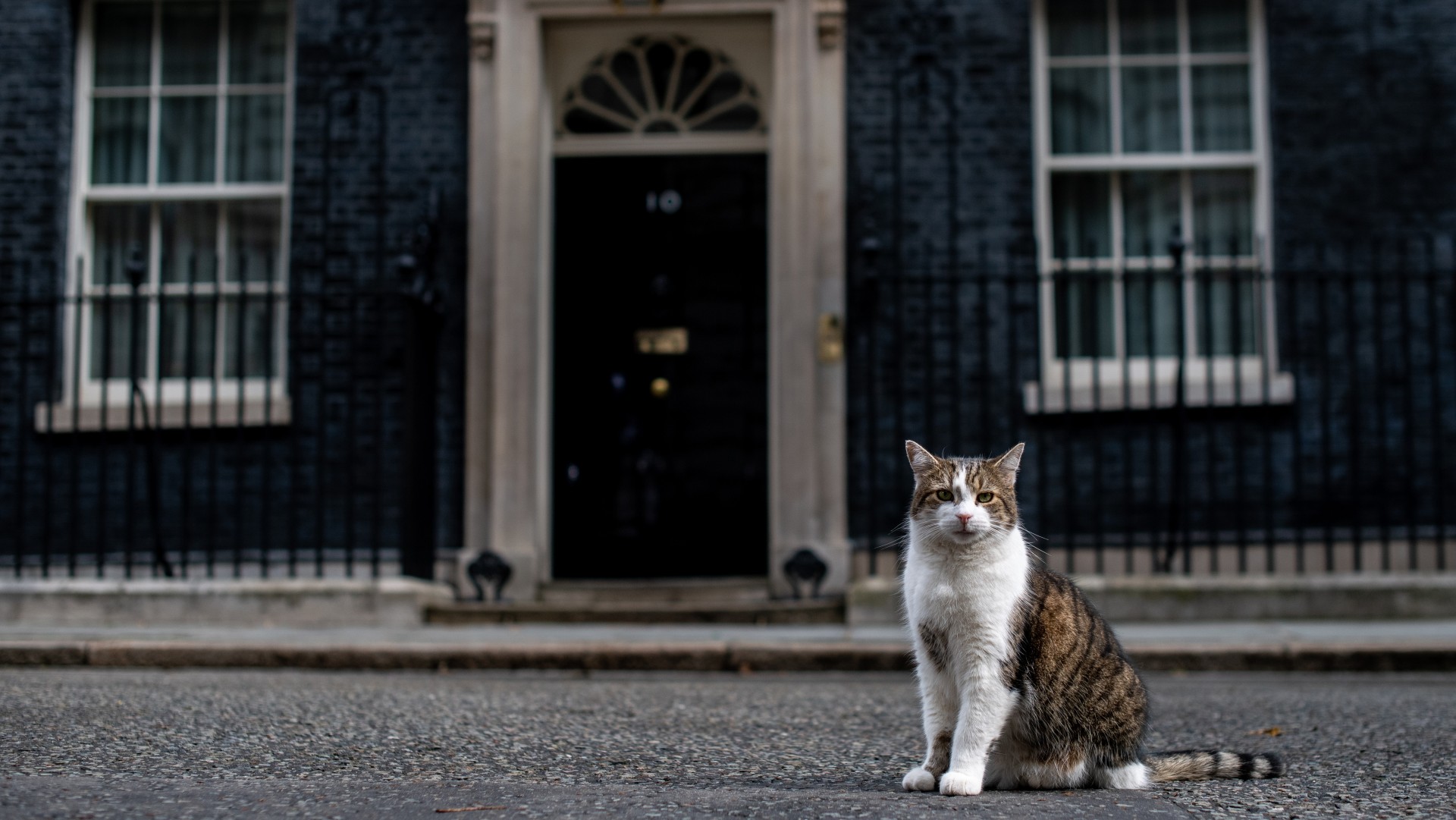 The cat self-identity row gripping an East Sussex school
The cat self-identity row gripping an East Sussex schoolTalking Point Heated conversation between a teacher and pupils sparks renewed row over gender identity in the classroom
-
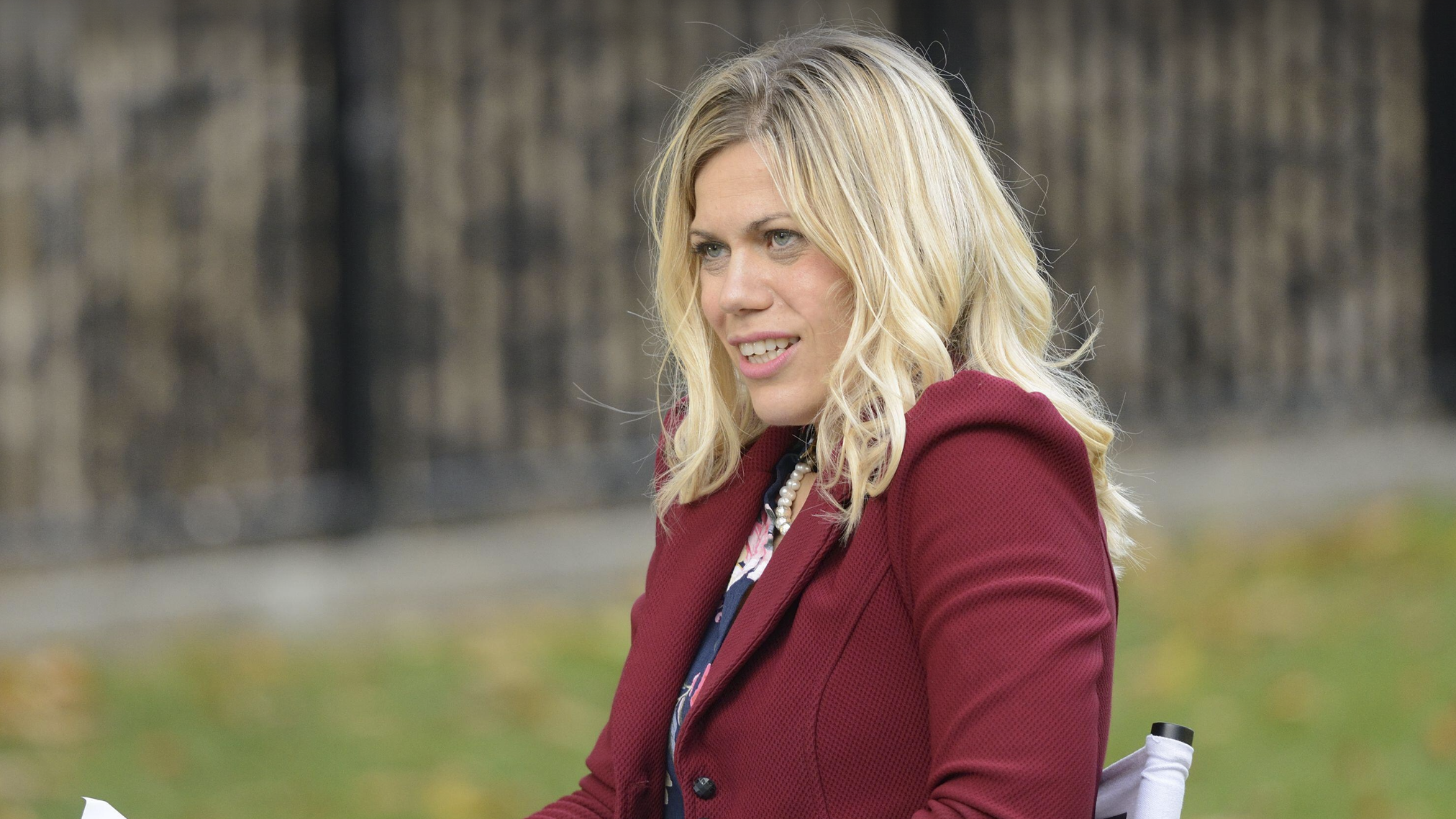 Sex education: a new moral panic?
Sex education: a new moral panic?Talking Point MP Miriam Cates believes relationship and sex education in schools is a ‘safeguarding scandal’
-
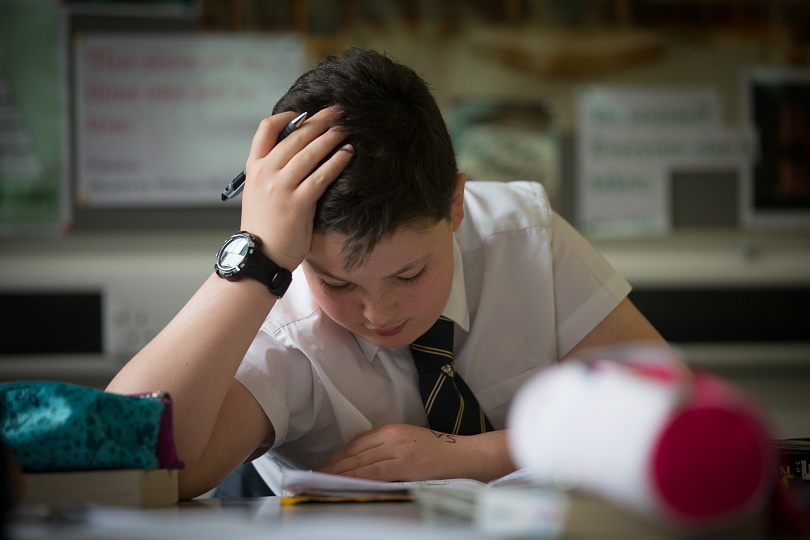 Rishi Sunak and the importance of maths
Rishi Sunak and the importance of mathsTalking Point Prime minister wants mandatory maths lessons until the age of 18, but critics say the policy doesn’t add up